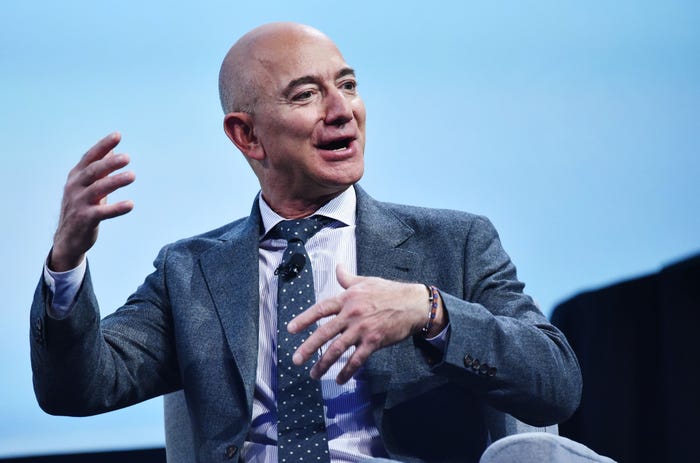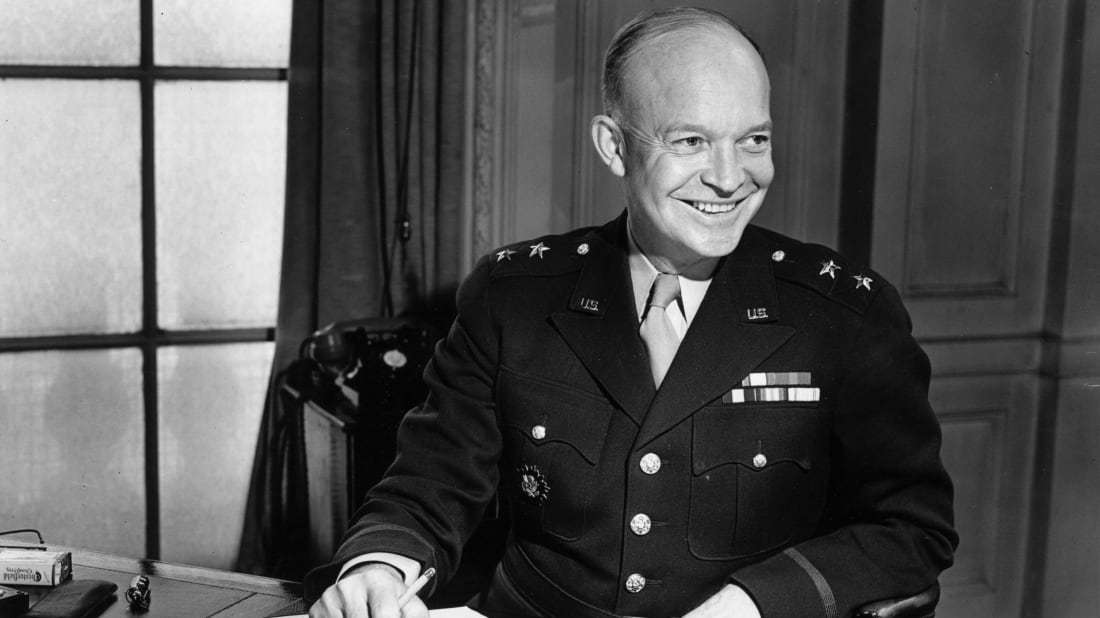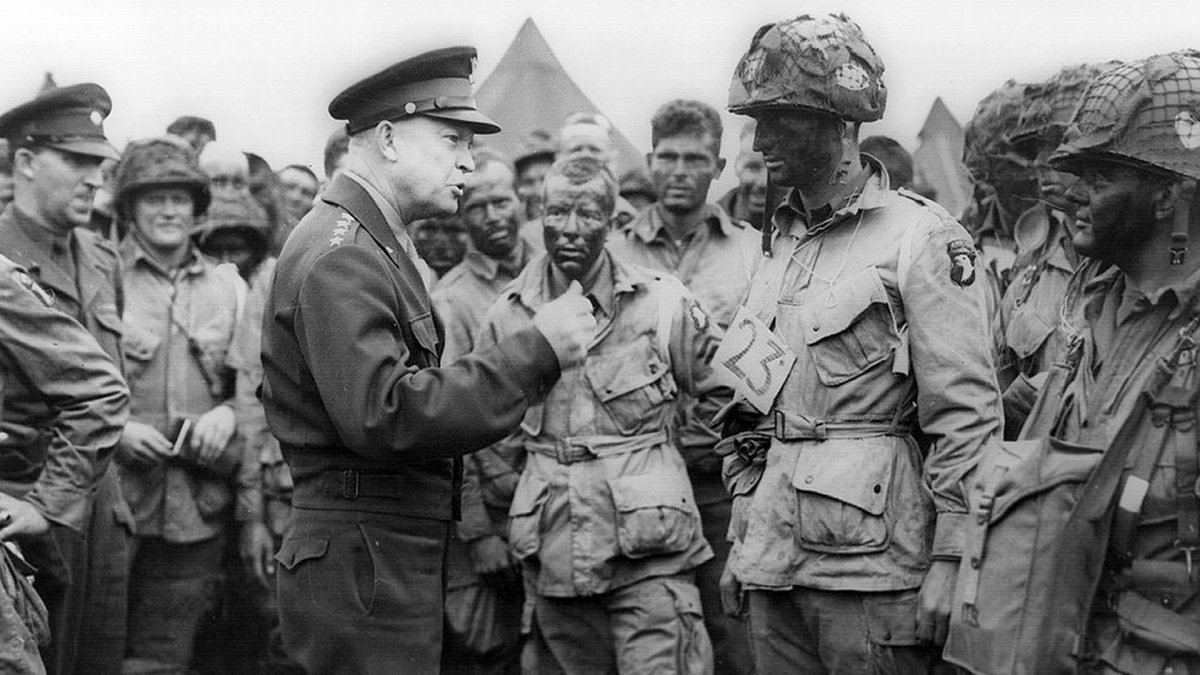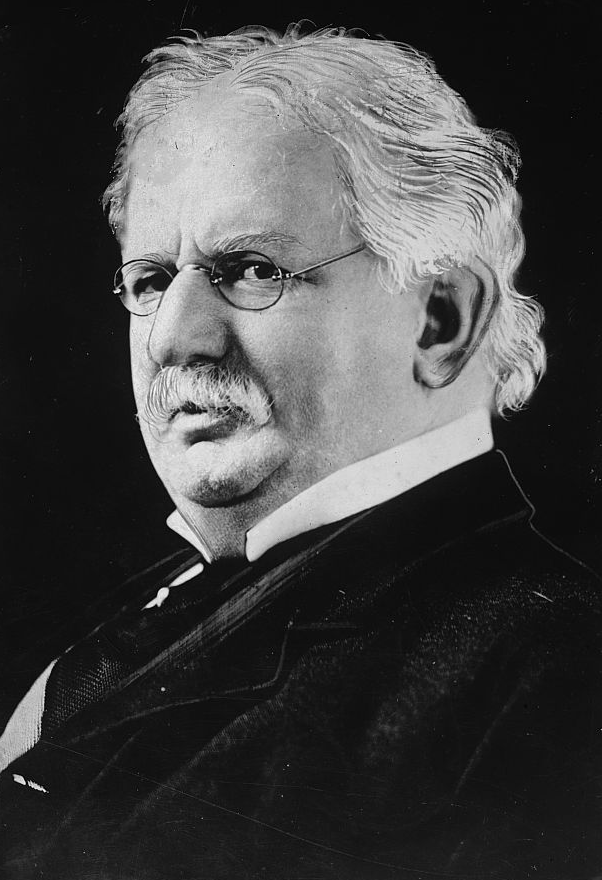
Memento Mori is a powerful philosophical tool for finding clarity and unlocking growth in your career, startup, business, writing, or relationships.
A thread on its meaning and how it can change your life...
A thread on its meaning and how it can change your life...

Memento Mori is a Latin phrase that translates to "remember that you must die."
A favorite of Stoic philosophy, it is a reminder of the certainty and inescapability of death.
It is not intended to be morbid or dark; rather, to clarify, illuminate, and inspire.
A favorite of Stoic philosophy, it is a reminder of the certainty and inescapability of death.
It is not intended to be morbid or dark; rather, to clarify, illuminate, and inspire.
Memento Mori - the idea of remembering your mortality - has been around for millennia.
The phrase itself is believed to have originated in the Roman Empire.
After military victories, the heroes were paraded through the streets on chariots.
They may have felt like Gods...
The phrase itself is believed to have originated in the Roman Empire.
After military victories, the heroes were paraded through the streets on chariots.
They may have felt like Gods...
But the Romans would place one person in the chariot whose sole responsibility was to whisper in the hero's ear throughout the parade.
"Respice post te. Hominem te esse memento. Memento mori!"
Translation: "Look behind. Remember thou art mortal. Remember that you must die!"
"Respice post te. Hominem te esse memento. Memento mori!"
Translation: "Look behind. Remember thou art mortal. Remember that you must die!"

Memento Mori served as a tool to invoke humility in moments of glory.
It can also be a tool for providing clarity.
The Roman Emperor Marcus Aurelius famously wrote in his Meditations, "You could leave life right now. Let that determine what you do and say and think."
It can also be a tool for providing clarity.
The Roman Emperor Marcus Aurelius famously wrote in his Meditations, "You could leave life right now. Let that determine what you do and say and think."

Humans are inclined to hide from death, to push it to the back of our minds.
Marcus Aurelius and other Stoic philosophers taught the opposite.
Bring death to the front of your mind.
Let your mortality serve to clarify your daily motivations.
Let your mortality inspire you.
Marcus Aurelius and other Stoic philosophers taught the opposite.
Bring death to the front of your mind.
Let your mortality serve to clarify your daily motivations.
Let your mortality inspire you.
Beyond the exact phrase, the idea of remembering our mortality has been a constant across time, culture, and religion.
Death is the ultimate equalizer.
We may look different, live in different places, and believe different things, but in the end, we are all the same.
Death is the ultimate equalizer.
We may look different, live in different places, and believe different things, but in the end, we are all the same.
The inimitable Steve Jobs talked about the power of acknowledging his own mortality in his 2005 commencement address at @Stanford.
"Remembering that I'll be dead soon is the most important tool I've ever encountered to help me make the big choices in life."
"Remembering that I'll be dead soon is the most important tool I've ever encountered to help me make the big choices in life."

At the time of the address, Jobs had been battling a rare cancer, making his words all the more powerful.
"Almost everything...just fall[s] away in the face of death, leaving only what is truly important...You are already naked. There is no reason not to follow your heart. "
"Almost everything...just fall[s] away in the face of death, leaving only what is truly important...You are already naked. There is no reason not to follow your heart. "
So as you face the coming days, weeks, months, and years of your life, always remember your own mortality.
Remember how precious every day really is.
Do not hide from it.
Embrace it.
Let it motivate and inspire you.
Let it be a call to action.
Memento Mori.
Remember how precious every day really is.
Do not hide from it.
Embrace it.
Let it motivate and inspire you.
Let it be a call to action.
Memento Mori.
There are some amazing resources on this topic.
The Daily Stoic by @RyanHoliday is at the top of this list. It is an incredible repository of short, daily insights from Stoic philosophy. amazon.com/dp/B01HNJIJB2/…
The Daily Stoic by @RyanHoliday is at the top of this list. It is an incredible repository of short, daily insights from Stoic philosophy. amazon.com/dp/B01HNJIJB2/…
You can find the full video of Steve Jobs' 2005 commencement address at @Stanford below.
It is foundational. An absolute must watch.
It is foundational. An absolute must watch.
If you enjoyed this, follow me for more threads on life, business, money, finance, and economics. You can find all of my threads in the meta-thread below.
https://twitter.com/SahilBloom/status/1284583099775324161?s=20
And if you are less Twitter inclined, sign up for my newsletter here, where you can find all of my old threads and receive all of my new threads directly to your inbox. sahilbloom.substack.com
• • •
Missing some Tweet in this thread? You can try to
force a refresh









